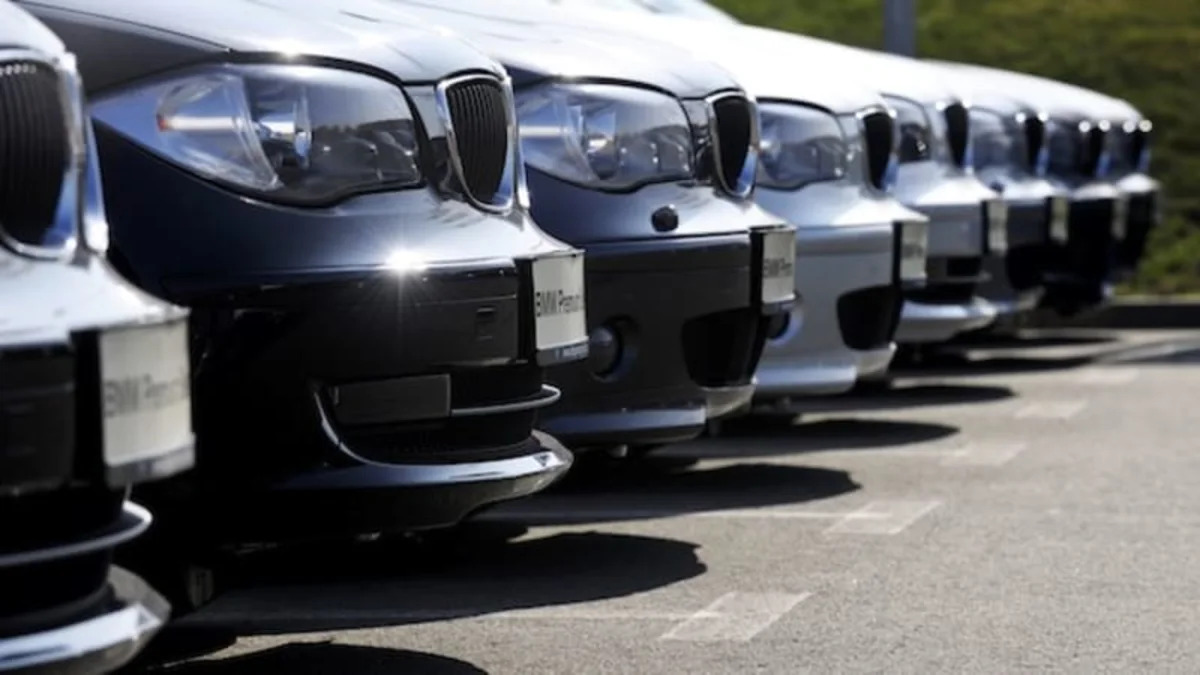Leases mean brand loyalty. Brand loyalty means more car and truck sales: That's the gist of an Automotive News article that points out fewer people are leasing vehicles, meaning fewer people are being loyal to any particular brand.
That's one reason why car makers around the country want to rebuild their lease programs, which were severely hampered during the 2008 financial crisis. In some cases, car makers ended their leasing programs entirely. That customer base for some dealers has disappeared because leases were not being offered a few years ago.
According to Automotive News, people who lease vehicles return to another lease with the same brand 63 percent of the time. People who bought their previous vehicle, only return to the same brand to buy a vehicle 39 percent of the time.
Leases are easy, typically put people into a car they otherwise could not afford and turn cars over for manufacturers more than buying customers. And some brands lean heavily on leases, such as BMW and Mercedes.
Two out of every three BMW's sold this year in the U.S. were actually leased and 76 percent of Mercedes' volume in the U.S. this year has been through leasing. Meanwhile, mainstream brands tend to have lower lease rates and lower loyalty rates. The industry average for leases is around 24 percent, according to Experian Automotive.
While the formula to determine leases is complex, many companies see the return to leasing as a way to build brand loyalty, turn over more cars and squeeze out additional market share in a hyper-competitive market.
Of course, that's what they thought prior to 2008 as well.
That's one reason why car makers around the country want to rebuild their lease programs, which were severely hampered during the 2008 financial crisis. In some cases, car makers ended their leasing programs entirely. That customer base for some dealers has disappeared because leases were not being offered a few years ago.
According to Automotive News, people who lease vehicles return to another lease with the same brand 63 percent of the time. People who bought their previous vehicle, only return to the same brand to buy a vehicle 39 percent of the time.
Leases are easy, typically put people into a car they otherwise could not afford and turn cars over for manufacturers more than buying customers. And some brands lean heavily on leases, such as BMW and Mercedes.
Two out of every three BMW's sold this year in the U.S. were actually leased and 76 percent of Mercedes' volume in the U.S. this year has been through leasing. Meanwhile, mainstream brands tend to have lower lease rates and lower loyalty rates. The industry average for leases is around 24 percent, according to Experian Automotive.
While the formula to determine leases is complex, many companies see the return to leasing as a way to build brand loyalty, turn over more cars and squeeze out additional market share in a hyper-competitive market.
Of course, that's what they thought prior to 2008 as well.


Sign in to post
Please sign in to leave a comment.
Continue